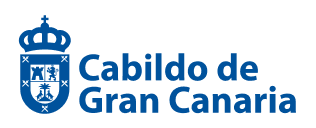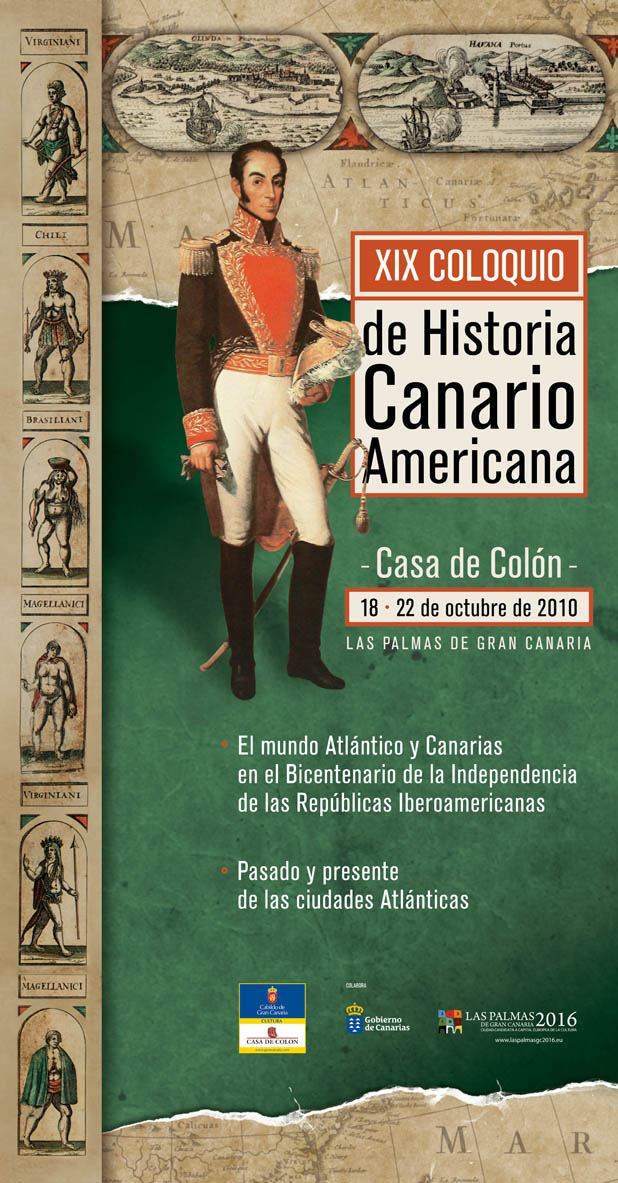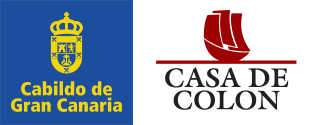Permanencia biológica y cultural de los inmigrantes canarios en el Uruguay: entre el mito y la realidad identitaria / Biological and cultural peemanence of Canary inmigrants in Urugay: Between mith and reality
Palabras clave:
inmigración canaria, linajes canarios en el Uruguay, pautas culturales, Canarian immigration, Canarian lineages in Uruguay, cultural patternsResumen
La inmigración canaria constituye un hecho significativo en la conformación de la población uruguaya, principal-mente a partir de 1830. Las investigaciones desarrolladas por el proyecto “Canarios de Ayer y de Hoy”, permiten establecer: un marcado origen de canarios provenientes de Lanzarote y Fuerteventura; un significativo aporte de mujeres canarias jefas de hogar (solteras o viudas); alta endogamia y consanguinidad matrimonial; la conservación de pautas culturales como forma de identificación étnica y valoración de la “canariedad”. Se ha podido determinar también que existe un complejo entramado de redes familiares, arribando familias con varias generaciones juntas; y la existencia de un verdadero efecto fundador en algunos linajes canarios detectados. En la presente comunicación se analiza la continuidad biológica de estos inmigrantes en zonas rurales del Departamento de Canelones (centro sur del país); se discute la permanencia de elementos culturales canarios en la población actual, así como sus posibles transformaciones.
Since 1830, immigration from the Canary Islands became a significant component in the making of the Uruguayan population. The research project “Cana-rios de Ayer y de Hoy” shows, in the first place, that most of the immigrants came from Lanzarote and Fuerteven-tura; secondly, that there was a signifi-cant number of women (single or widowed) at the head of their households; thirdly, that there was a persistent endogamy as well as consanguineous marriage practices among these immigrants; and finally that the preservation of cultural patterns became a form of ethnic identification, and the “being Canarian” a cultural value. The project also established the existence of a complex web of family networks with different generations of the same family arriving together to Uruguay, as well as the existence of a genuine founder effect in some Canarian lineages. Here we present an analysis of the biological continuity of these immigrants in rural areas in the Department of Canelones (central and southern part of Uruguay) and a discussion about the persistence of Canarian cultural patterns in the current population and their possible transformations.




